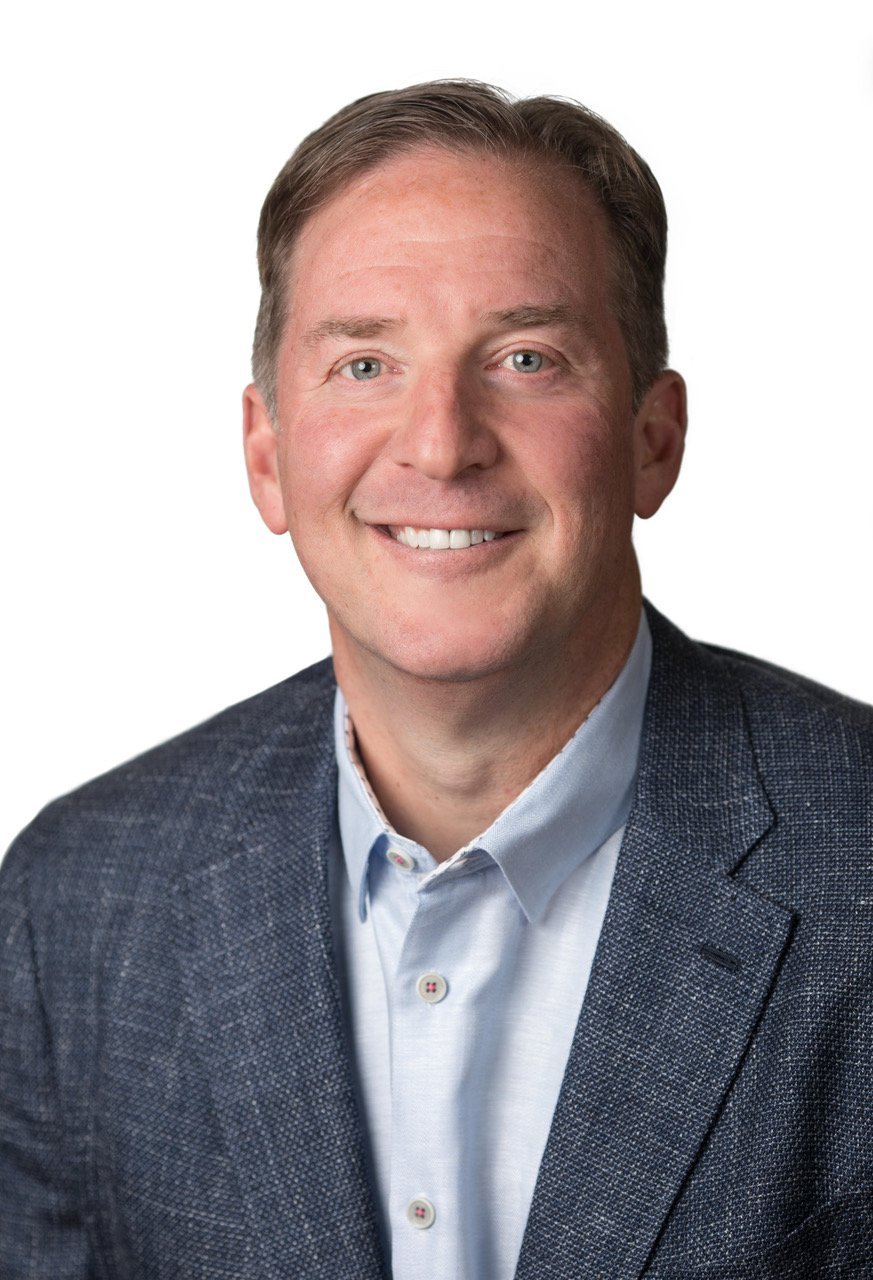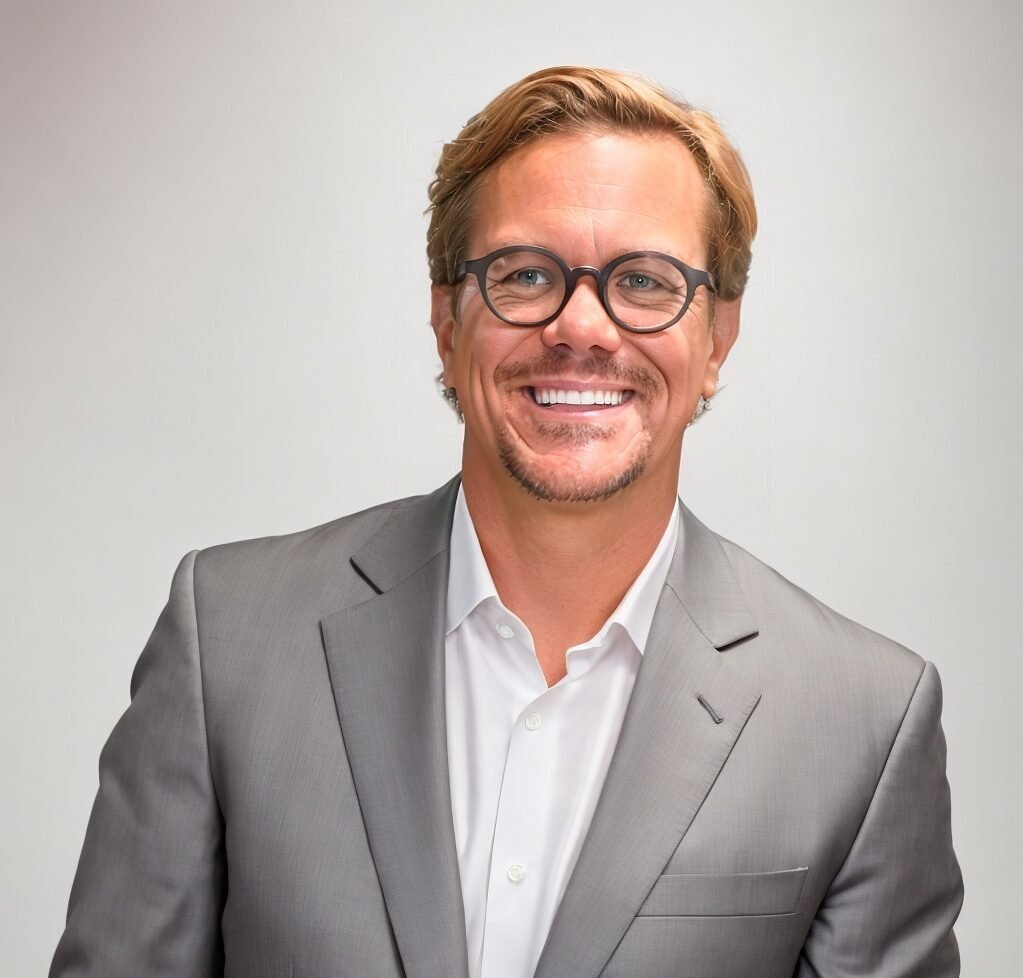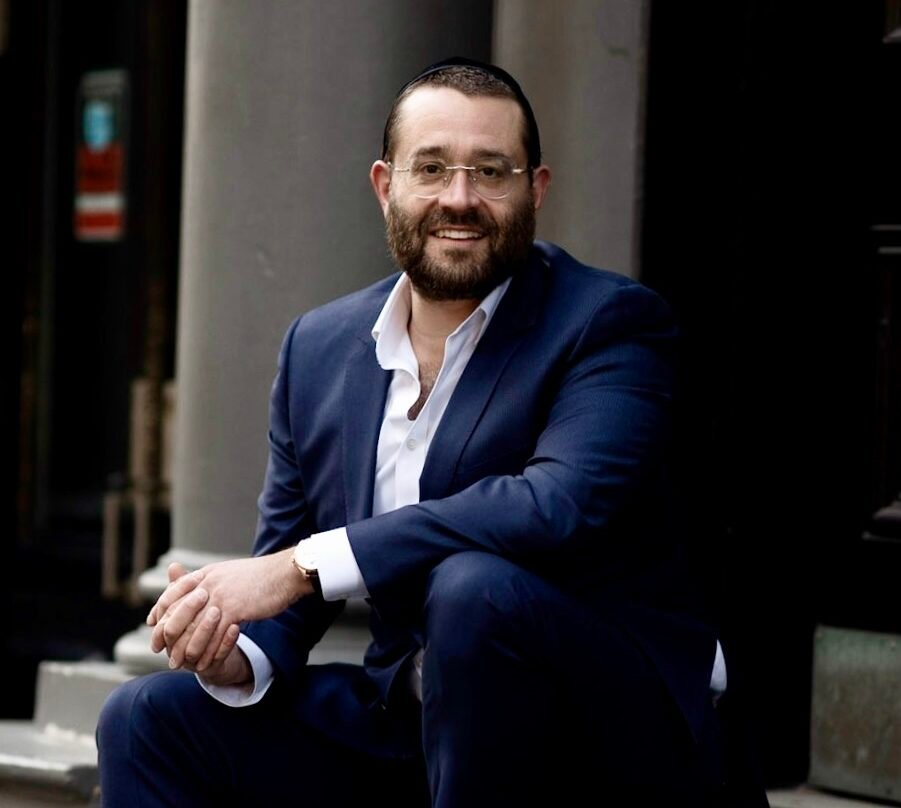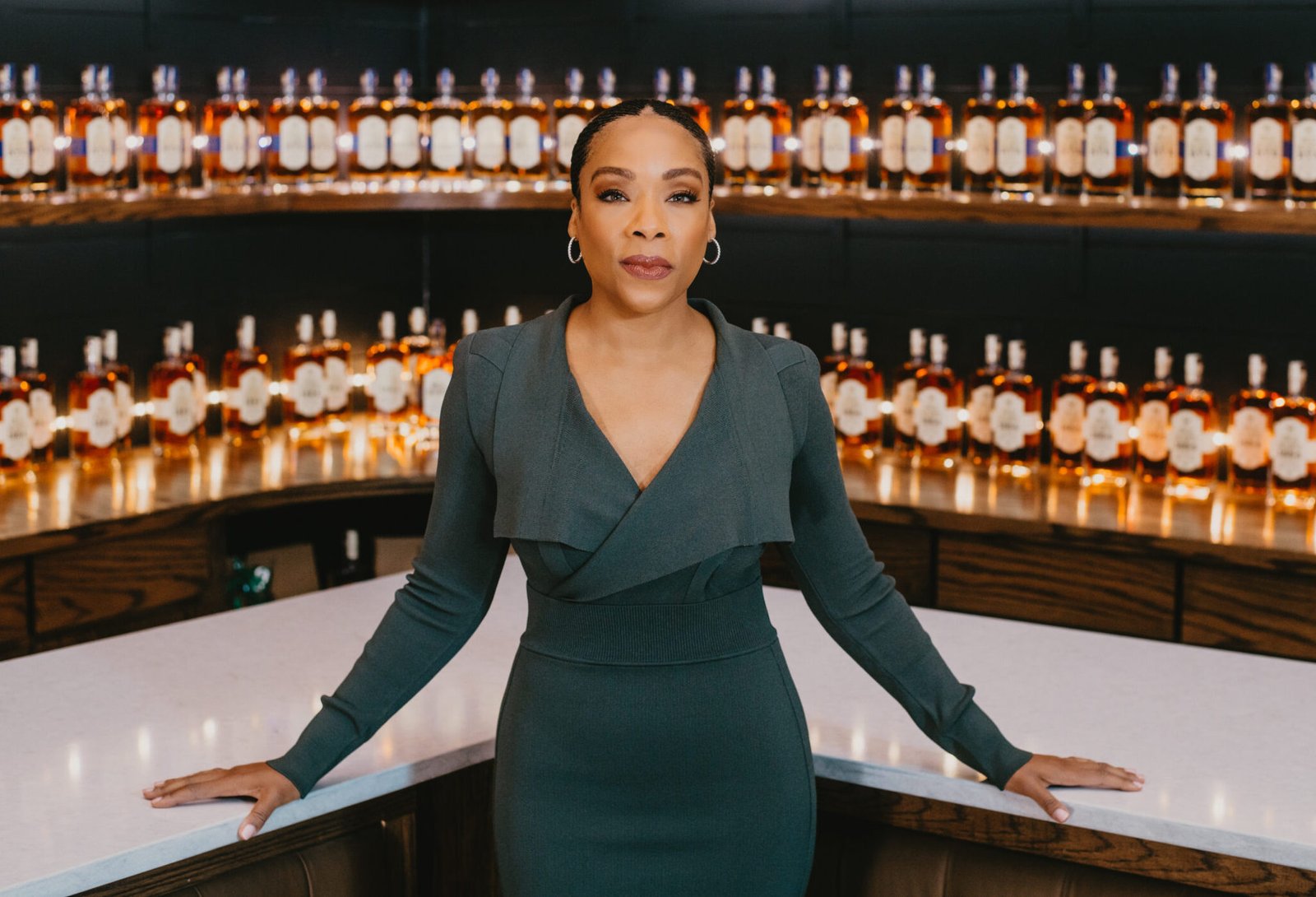I recently went one on one with Mark Zides. Mark is the founder and CEO of CoreAxis Consulting and the author of the new book The #PACE Process for Early Career Success.
Adam: How did you get here? What experiences, failures, setbacks or challenges have been most instrumental to your growth?
Mark: I am the founder and CEO of CoreAxis, a company that provides custom learning and leadership experiences for companies like Amazon, Bank of America, Dell, Netflix, and more. I founded CoreAxis twenty years ago with the mission to help and educate people, and that mindset is what drove me to write my book The #PACE Process for Early Career Success and share how my business and I have been able to adapt with the many of the changes in the workforce. Particularly, the future of work and the shift to a virtual / hybrid workplace has driven many companies to think differently on how they attract, develop, and retain employees.
There’s a lot to my story, but the most important thing you need to know is that I was not born into a wealthy family. I was brought up in Massachusetts by two working parents – my mom was a phlebotomist and my dad was a truck driver – and that experience taught me entrepreneurship. I’ve been hustling all my life, from shoveling driveways as a kid to selling my 401k to fund my first company, which I founded from my small one bedroom apartment. My goal has always been to find success while making a positive impact on other people’s lives, which was why I took the risk and dove into entrepreneurship after being pigeonholed into a finance job after college.
The prospective sale and eventual failure of selling my first business in 2000 was my biggest professional setback. We built a very strong and profitable company and solid it to a pre-IPO in 2000 that was ready to go public. Then the stock market crashed in March of 2000 and the company never monetized. I did try to buy back the company and it did not work. This setback helped me learn a lot about business, relationships, and how to handle adversity.
Adam: What do you hope readers take away from your new book?
Mark: I want readers to learn what it takes to pursue a job or career that they believe in. It would be great if they took away a few examples of what it takes to be successful early in their career, such as having a sense of urgency and understanding what it takes to out-shine, outperform, or build a foundational personal / professional online brand.
I hope those who read this book realize that they need a solid foundation and self-motivation; you cannot be lazy when it comes to taking on career decision making and action. I hope readers become proactive with going after what they want, while understanding nothing is going to be handed to you.
Adam: How can anyone build a great professional network?
Mark: The first step to building a great professional network is committing to it. Whether it’s attending in-person or virtual professional networking events, joining professional groups online, or partaking in community-building events, it all starts with you.
To build your network, you must engage. You must show up prepared (resume in hand) and ready to converse with people you have never met before. You must display a level of confidence and expertise because those joining the event/group are also looking to build their network.
One of the best networking tools I have used is LinkedIn and the groups available. Living in pandemic times, social outings have been at an all-time low, but I still take the time to go on LinkedIn, contribute to the groups and feeds I have subscribed to, and add potential connections based on interests, people/connections we have in common, and potential opportunity I can see coming from that person. The worst thing that can happen is they don’t accept your friend request…
I once read a quote by Porter Gale that said “Your network is your net worth,” and I couldn’t agree more. Just like building your financial net worth, you need to build your professional and social net worth.
Adam: What are your best tips on the topic of personal branding?
Mark: Everyone has an opinion on this, whether it’s consistency with assets you create, highlighting your skills and contributions in your industry, how you conduct yourself in professional settings, etc. However, my advice, which leaks into all of these things is to be your authentic professional self. If your personal brand feels forced or fake, no one is going to buy into it, which also results in you having less credibility. Don’t try to be something you’re not, but try to be the best of what you are.
Adam: What do you believe are the defining qualities that can help Millennials and Generation Z succeed in the workforce?
Mark: I believe that defining qualities that will help Millennials and Gen Zers succeed in the workforce are displaying a sense of urgency, the ability to deal with conflict, and the agility to manage ambiguity.
They need to start taking action in what they do. Go to work each day with the goal to win the day. They need to be introspective and create a game plan on how to differentiate themselves from their colleagues for their boss to see. They need to learn how to prioritize tasks and deal with the pressure of getting the most important tasks done first. Having a sense of urgency will help them make an impact on the organization.
There is no complacency in life and there should be no complacency in the workforce.
The difference between my generation and what is being seen in the younger generations is that failure makes them freeze. Rather than picking themselves up and dusting off their shoulders, they get stuck in a holding pattern. But the reality is that they need to make mistakes to learn from them. We all need to make mistakes to learn how to fight adversity.
Members of our younger generations tend to struggle to deal with conflict. Here’s the thing – it is okay to challenge authority or give a point of view. Learn from it. Make mistakes. Younger generations need to be situationally aware and use data to support their choices and perspective. Don’t be afraid of conflict. Don’t be afraid of learning. I do know this is easier said than done.
Adam: How can aspiring leaders get their feet in the door, climb the ladder, and achieve success?
Mark: There is so much advice out there on this. You can go to the Google machine and it will tell you to network, to follow your boss’s requests, to put in 110%. I think it’s more than that. Yes, networking and following instruction and putting in effort is a huge part of it, but it’s also preparing and planning for your future. It’s not just following your boss’s orders, but collaborating with them to find solutions, respectfully, to optimize departmental outcomes. It’s putting on your thinking cap and looking outside your yourself and the work you are assigned to.
Some people climb the ladder based on who they know or who they’re related to (nepotism), and others climb the ladder based on hard work, dedication, and commitment. I guess at the end of the day, you end up in the same place, but the latter comes with a level of dedication to the company and understanding of the greater good.
Adam: What are your three best hiring tips applicable to entrepreneurs?
Mark: First, make sure the candidate has solid communication skills – in person and in writing. There’s nothing worse than talking to someone who can’t get their face out of their phones, someone who doesn’t contribute to a conversation, or someone who sends an email filled with errors. It also makes your hiring decisions look questionable from an outside perspective.
Second, make sure their skillset and mindset align with the role/position they are interviewing for. If they have the mindset of an accountant, there will be a lot of hours wasted on onboarding and training if they’re applying for a sales position. If they have the mindset of a salesman, but they’re a software engineer, things could get a little sticky.
Finally, make sure the candidate fits the culture and work style of your company. If you require someone to sit at their computer all day to handle requests, you’re not going to want to hire someone who has grown accustomed to working when it’s best for them. If they have grown accustomed to working remotely and you’re requiring them to be in the office for five days a week, they may not be the best fit.
Adam: What is your best advice on building, leading and managing teams?
Mark: First and foremost, set proper goals and priorities for your team. You have to lead by example. Take the time to foster collaboration, innovation, and teamwork. Try to make yourself available to talk to when they need you – building a solid rapport is key to a successful department / company.
On an individual level, manage people to their strengths while working on their weaknesses. If you run a marketing firm and you have two employees who have the same skill sets, but one is better with graphics and the other is better with the written word, capitalize on that.
I think it also comes down to being a good listener. Taking the time to understand your employees, where they are coming from, and their concerns will go a long way. If you create a culture that does not punish a feedback cycle, you are likely to retain solid contributors.
It is true when they say people do not leave companies, they leave managers. This is something I keep in mind as a leader and reflect on regularly to ensure I’m taking the right approach with the people who work for me.
Adam: What is the single best piece of advice you have ever received?
Mark: I can honestly say I never had a moment where someone said something to me that profoundly changed me. You see it in the movies all the time, but I cannot relate. However, there are three mottos I try to live by:
Work hard, stay humble
If you love what you do, you’ll never work a day in your life
Listen more than you speak
Adam: Is there anything else you would like to share?
Mark: Do you remember the show Weakest Link from the early 2000s were the host would eliminate players and said “You are the weakest link, goodbye?” This is very direct, and most likely perceived as aggressive, but if you really think about it, you are only as strong as your weakest player. You are only going to be as successful as your lowest denominator.
We work with others, so if you surround yourself with people who are smarter than you, who have different perspectives, approaches, and experiences, you will run a successful business. I only want to be surrounded by people who are as smart or smarter than me – and I am not ashamed to admit that.
Qualities I look for when hiring are proactiveness, great communication skills, those open to feedback, collaborators, listeners, those who care about our clients, and those who are open to change.
If I were on the other side of the hiring table, I would make sure I embodied these qualities while also going with my gut. If something doesn’t feel right, it probably isn’t. I would also show my hustle, dedication, and flexibility to any hiring manager or recruiter as soon as I possibly could. It’s a dog-eat-dog world out there, and you need to stay hungry.









